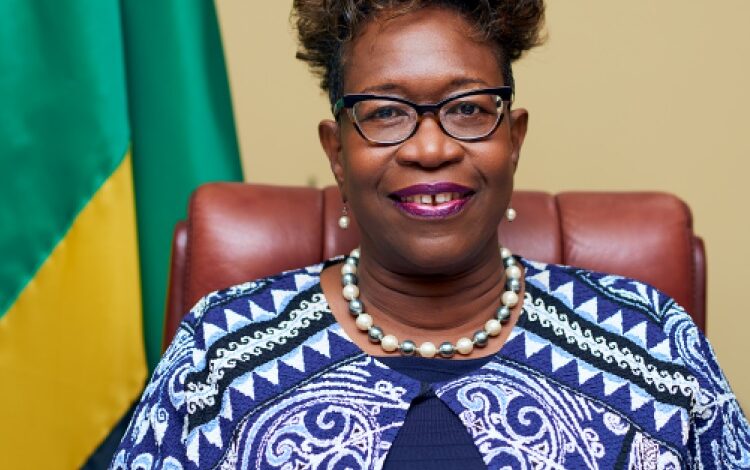
The Court of Appeal ruled that the Constitutional Court had erred in its April decision to strike down part of the 2023 constitutional amendments related to the tenure of Paula Llewellyn as Director of Public Prosecutions (DPP).
The case revolves around two critical amendments made in 2023 that sought to extend the tenure of the DPP and amend provisions related to retirement age and extension procedures.
In 2023, the Government, following a majority vote in both Houses of Parliament, introduced amendments to sections 96(1) and 121(1) of the Constitution. These amendments, which were part of a broader reform package, included the introduction of section 2(1), which raised the retirement age for the DPP from 60 to 65 years.
Additionally, section 2(2) granted the DPP the right to remain in office beyond the usual retirement age, even without the typical endorsement from the Prime Minister and the Opposition Leader, who traditionally play a role in approving the extension of tenure for constitutional officers.
The amendments were widely viewed as a way to ensure continuity and stability in the office of the DPP, particularly given Paula Llewellyn’s long tenure of 16 years. However, the Constitutional Court, in a ruling handed down in April 2023, struck down the second part of the amendment — specifically section 2(2) — on the grounds that it violated the constitutional process for extending the tenure of the DPP.
The court ruled that while the first part of the amendment, which raised the retirement age, was constitutional, the second part, which allowed the DPP to extend their tenure without the approval of the Prime Minister and Opposition Leader, was invalid. The court concluded that this amendment interfered with established procedures and was, therefore, unconstitutional.
As a result of this ruling, Llewellyn was required to step down, with Claudette Thompson appointed as acting DPP. Thompson’s appointment was initially for a six-month period, starting April 22, 2023, with an extension granted once that period expired.
In response to the Constitutional Court’s decision, the Government, through the Attorney General, promptly filed an appeal, challenging the ruling. The appeal focused on the validity of the amendment that allowed the DPP to remain in office without the need for endorsement from both the Prime Minister and the Opposition Leader.
As reported by The Jamaica Observer, The Appeal Court’s ruling on Friday, December 20, sided with the Government, finding that the amendments were valid and constitutional. Led by Justice Christine Straw, the panel concluded that the amendment to the DPP’s retirement age from 60 to 65 was correct, as was the provision allowing the incumbent DPP to remain in office beyond the new retirement age without requiring the approval of the Prime Minister and Opposition Leader.
According to the Appeal Court, the DPP “automatically benefited” from the tenure extension granted by the 2023 amendments upon the promulgation of the Amendment Act, and it disagreed with the Constitutional Court’s interpretation that such an extension should be contingent upon political agreement between the Prime Minister and the Opposition Leader.
This ruling marks a significant shift in the legal landscape surrounding the tenure of constitutional officers in Jamaica. It also reinforces the government’s position that the amendments to the Constitution, which were passed through a majority vote in Parliament, are both valid and enforceable.
The outcome of the appeal has important implications for the future of constitutional reform in the country, particularly regarding the authority of the government to make amendments to the Constitution and the powers vested in key public offices such as the DPP.
The ruling has sparked mixed reactions, with supporters of the government welcoming the decision as a victory for constitutional reform and continuity, while critics argue that it undermines the established checks and balances in the system of governance.
The decision now leaves the path open for the DPP to continue in office beyond the age of 60, with the legal framework in place to extend her tenure as needed. Paula Llewellyn who is currently 64 years old is expected to keep the position until September 2025 when she turns 65 years old.
Notably, a lot has happened since the April ruling, highlighted by Vybz Kartel’s success at the UK Privy Council and subsequnet released at the end of July. Shawn Storm, one of the co-accused along with Vybz Kartel in the court case for the murder of Clive ‘Lizard’ Williams, took to social media months ago, in May to celebrate the then departure of Llewellyn.
Apart of Shawn Storm’s statement stated, “Paula, memba u and u “unlearned” friend dem get whole heap a money fi sink kartel dem eno. Including jamaica dutty corruption police dem…. The same privy council show the world say unuh is a bunch of ciminals!!!!”





